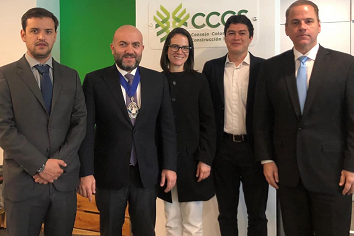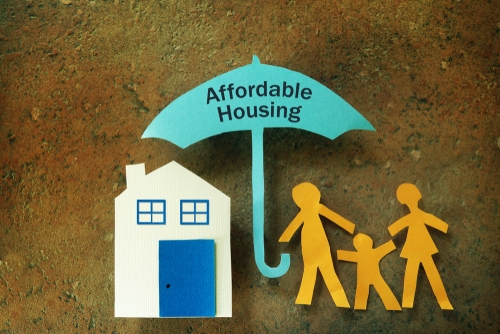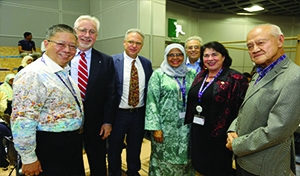

Dwell Time: Connecting time with economic activity




- Most people spend less than half an hour in every location;
- 30 to 60 minutes – time for a short shopping, lunch or coffee;
- People spend 1-3 hours in a restaurant or a mall;
- Community shopping centers do not attract people for more than an hour;
- More than 5 hours – work in the office or (rest) at home.
Intro
Modern cities are complex structures that consist of various types of places – busy downtown areas and crowded shopping streets, white-collar business clusters and quiet residential quarters, – but in this diversity only certain locations become points of attraction. These attractors are particular functions that interest the audience and compete for their time.
A way to analyze the demand for locations is to estimate dwell time, how long people stay there. The importance of a place is determined not only by the volume of traffic flow, but also by its dwell share – people staying longer consuming services or recreating.
Each business works with its audience using a set of various tools – attracting people by landscape and design decisions, real estate concepts, or by just being unconventional. One way or another, by converting the flow from the number of people into man-hours, the place (and the business located there) receives additional profit, gets a higher rank in the city-wide hierarchy of locations, and increases the potential of the surrounding area.
Exploring locations, we found the relationship between the length of stay and the business function based on the dwell time. We divided it into 4 types and studied the spatial and statistical distribution for each of them:
- On the Move (0-30 min);
- Out and About (30-60 min);
- Work and Leisure (60-180 min);
- Staying Put (300+ min).
On the Move type highlights transit flows and short errands trips. Out and About activity is associated with lunch, household shopping or visiting a doctor. Work and leisure (1-3 hrs) is business meetings, going to the movies, dinner or a thorough shopping. A working day at the office or just being at home (on weekends and at night) can be attributed to a stationary dwell time (staying put).
We examined the distribution of dwell time in the whole city, and in some locations of business clusters and shopping malls. Below are the most interesting findings.
Data
In the analysis we use anonymized data of the cellular operator, aggregated by a regular grid 250x250 meters for March 2020. This reflects movements of Muscovites before the quarantine measures related to the COVID-19 pandemic. The data shows the dwell time types distribution in shares (%).
Full analysis here.
This analysis is part of a series of publications resulting from FIABCI's partnership with Habidatum.
About Habidatum
Habidatum is a software and data analytics company, assisting policymakers and businesses in understanding the hyper-dynamic urban environment through advanced analytics of diverse data sources driven by machine learning and interactive visualization.
Habidatum operates as a gateway between the professional communities that require data-driven insights and data carriers.
The company was founded in 2014 by a collaboration between professional urban planners and digital designers. Since 2014, the company has worked in more than 20 cities globally including London, New York, Moscow, Dubai, Singapore, Pune, Denver, and Miami.


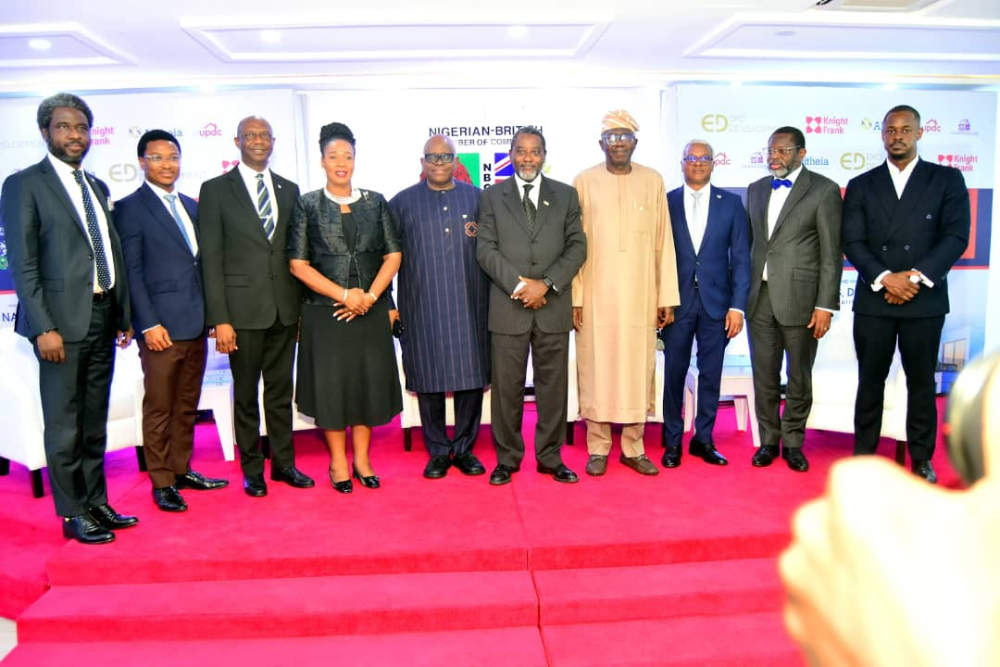

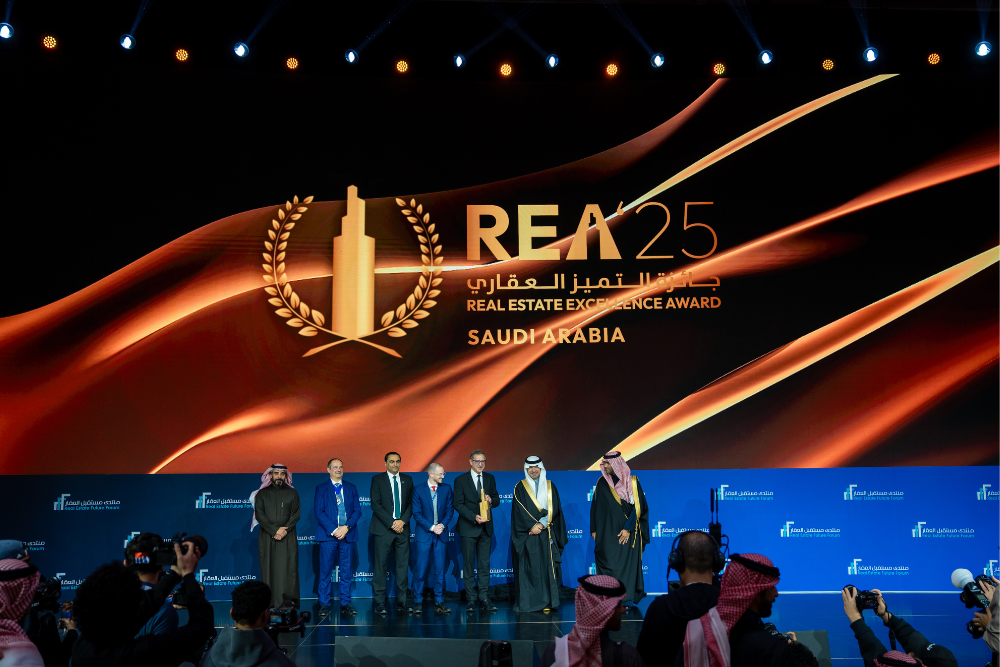
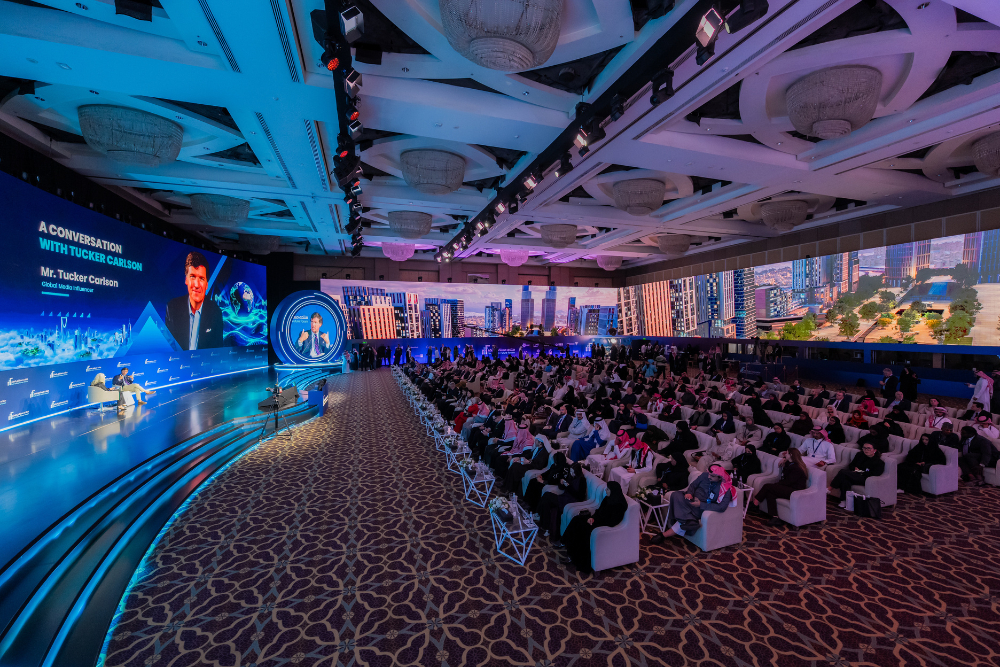
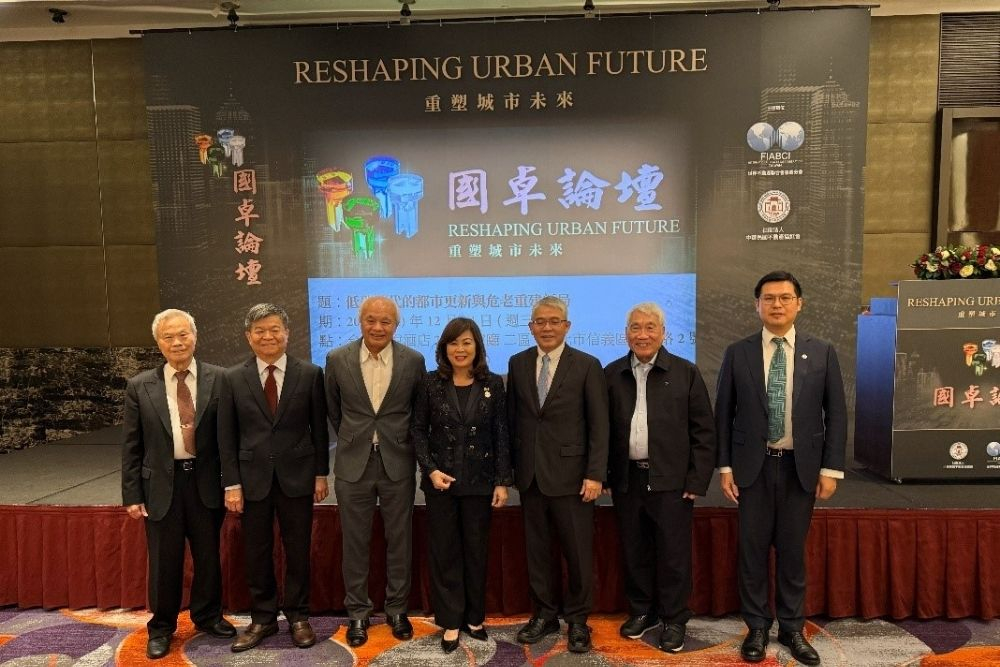
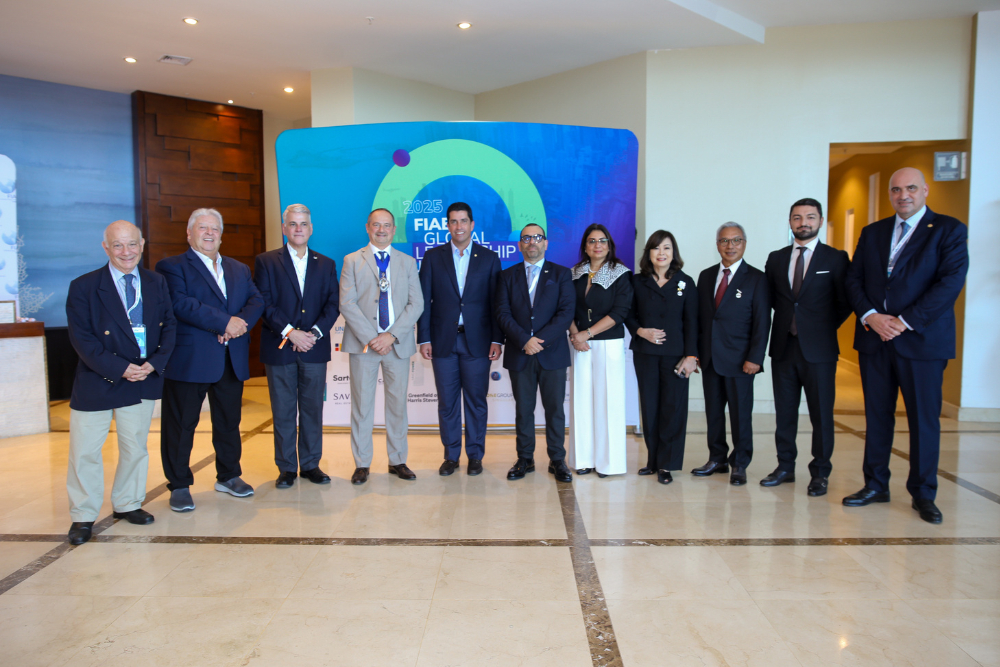
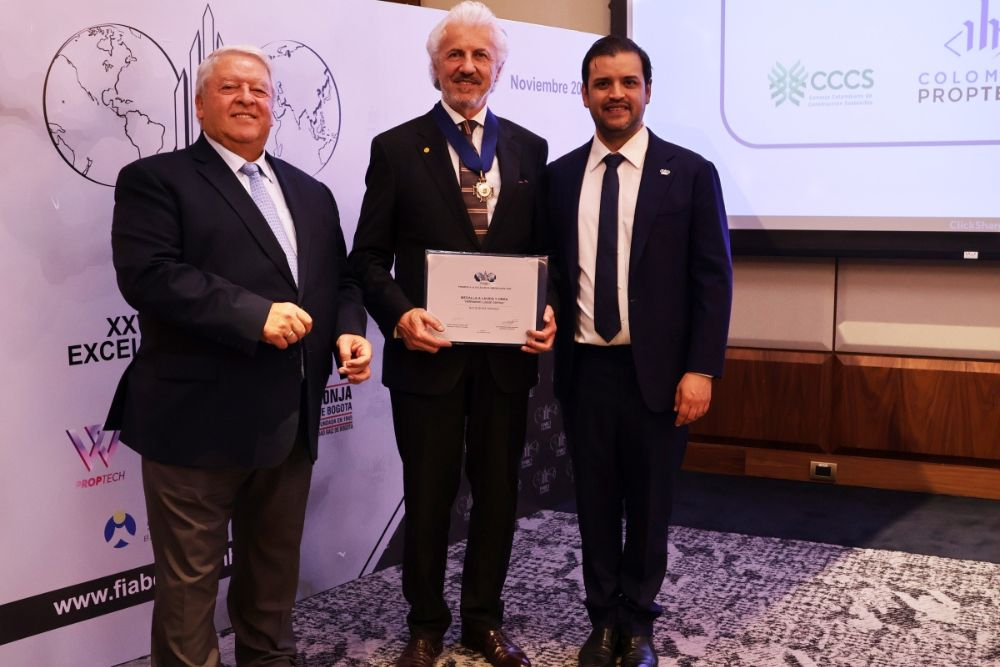
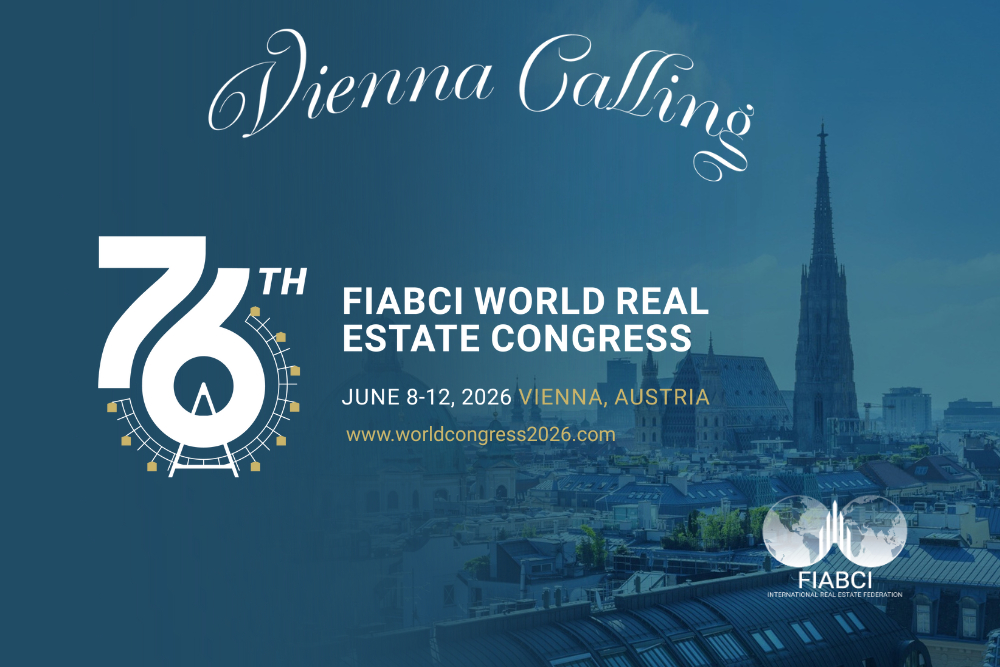
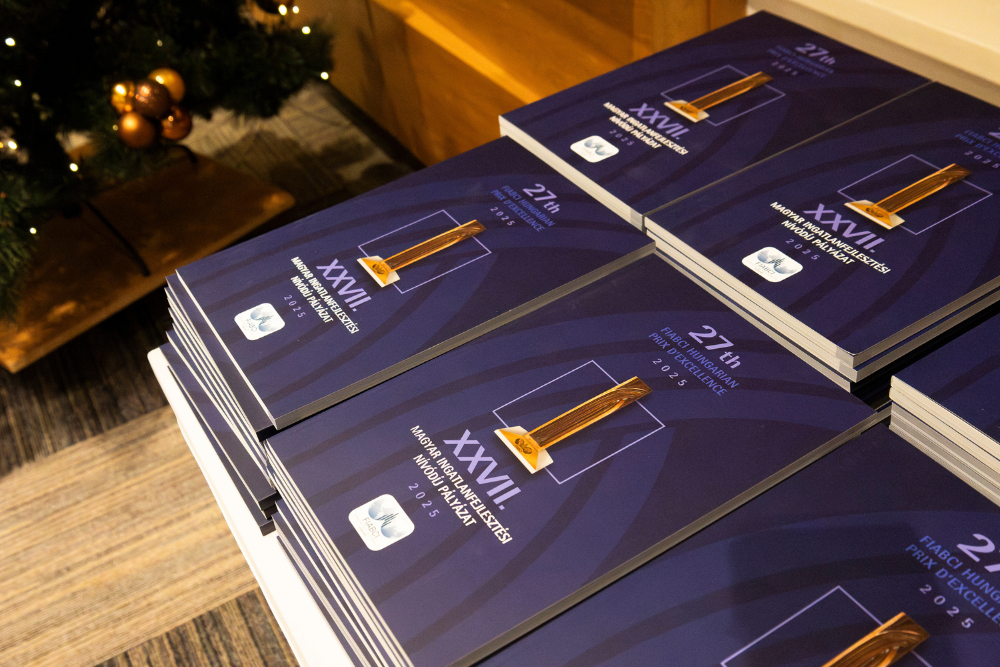
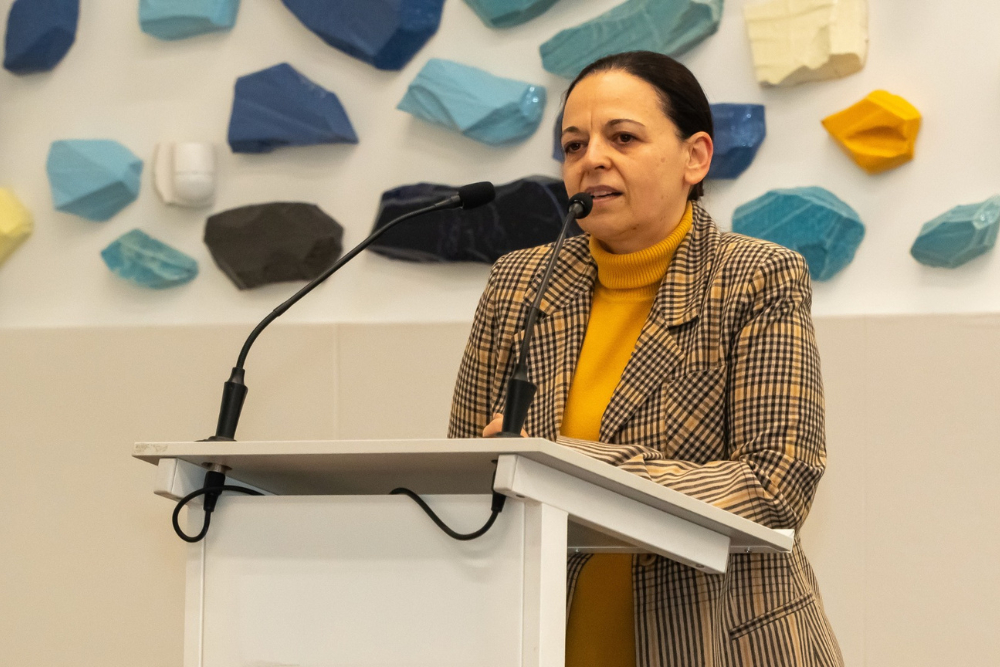





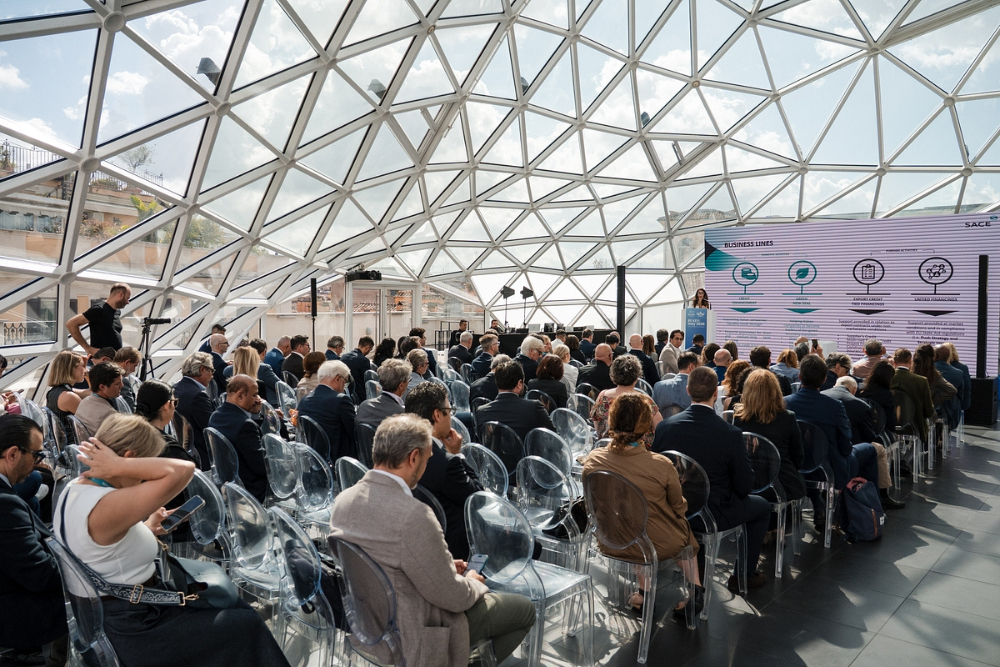
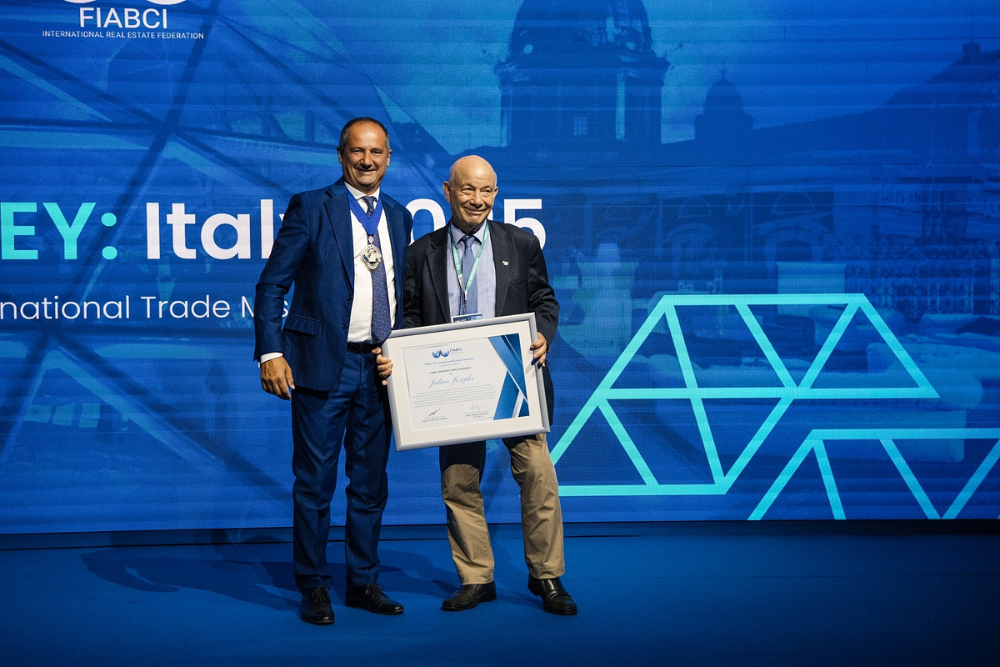
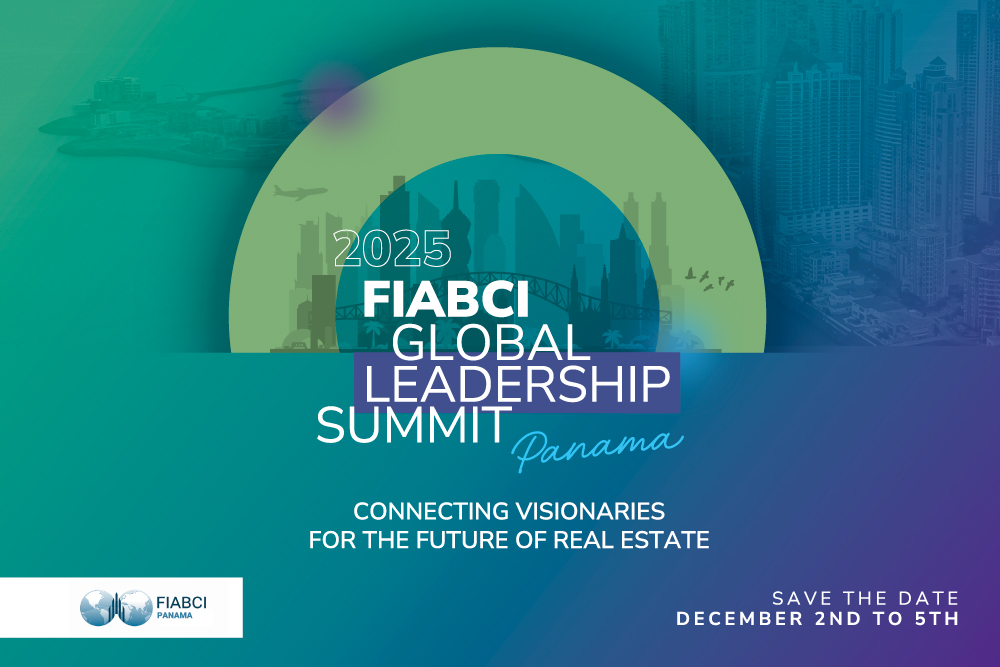

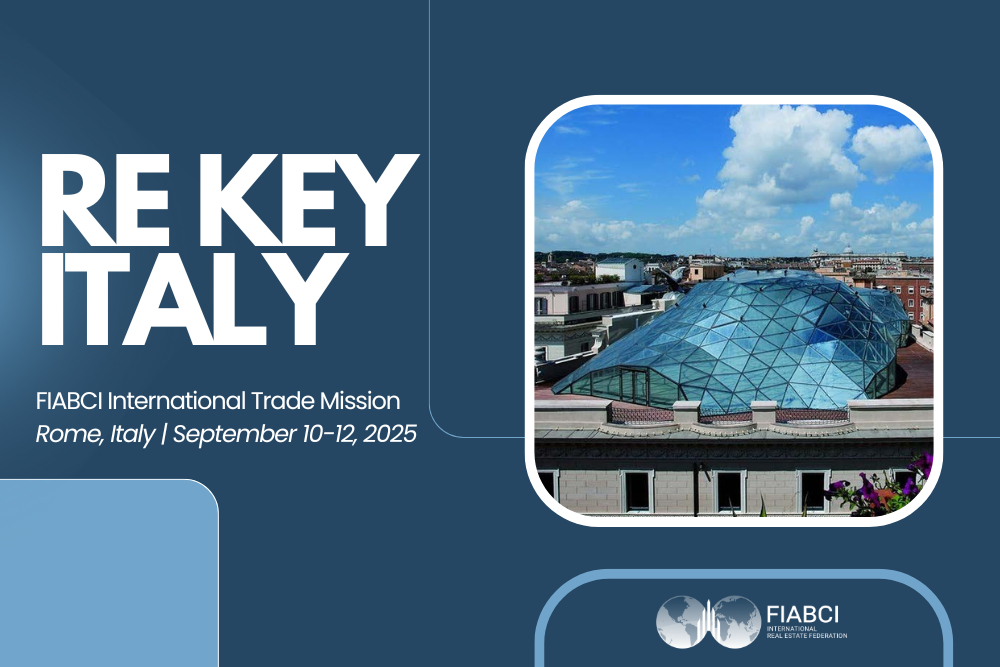
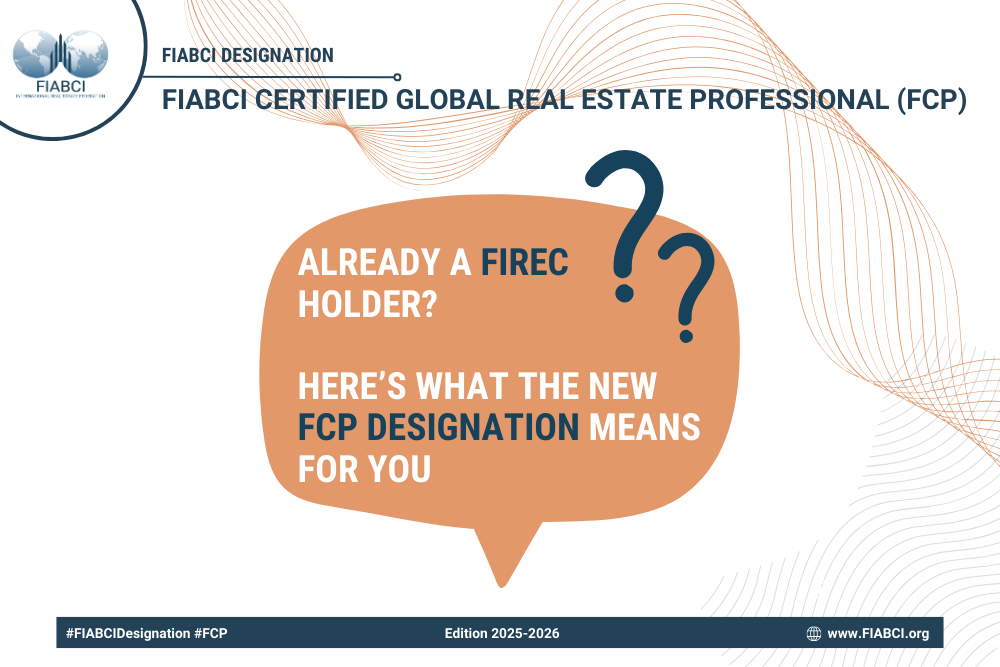
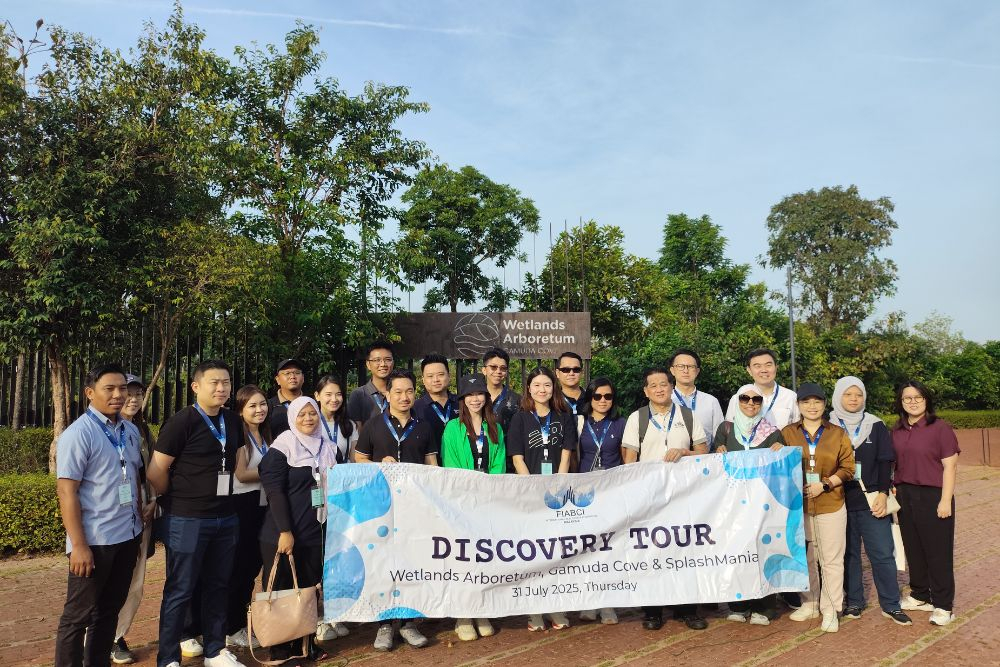

























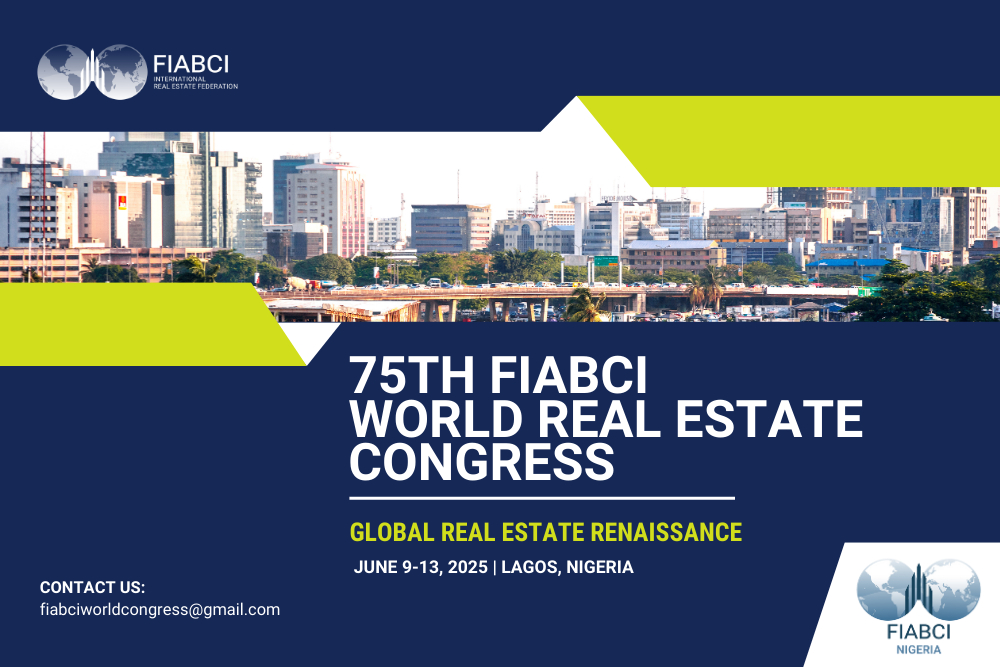










































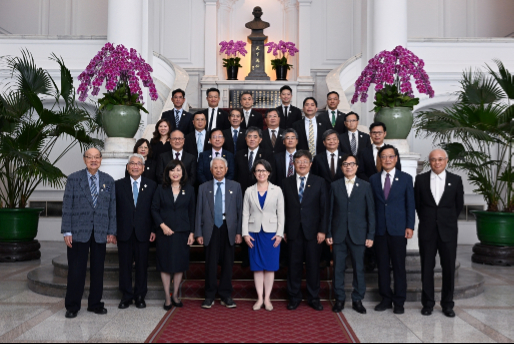













































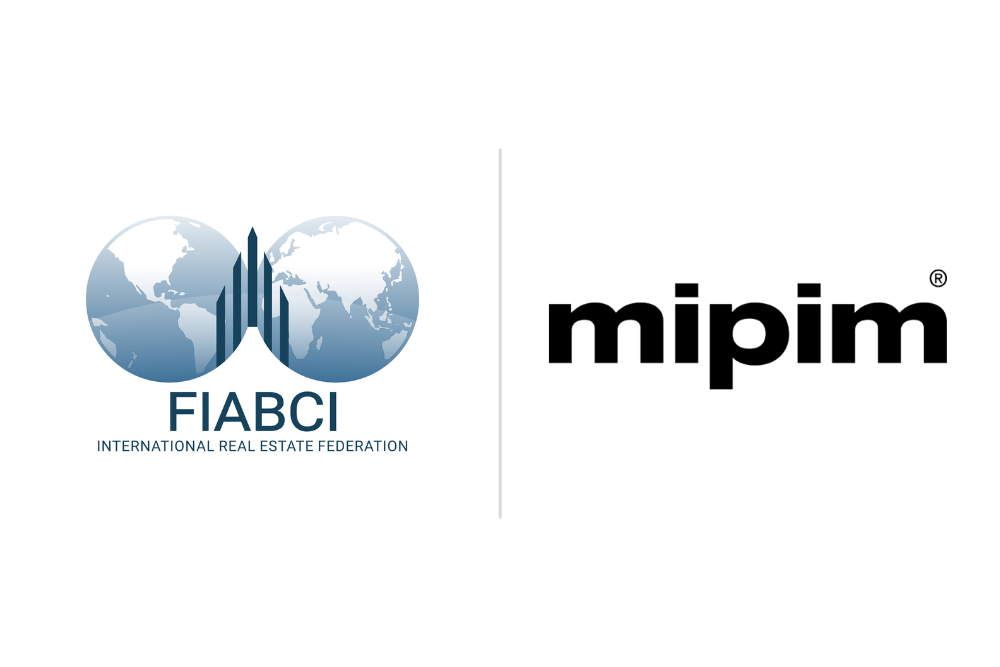




















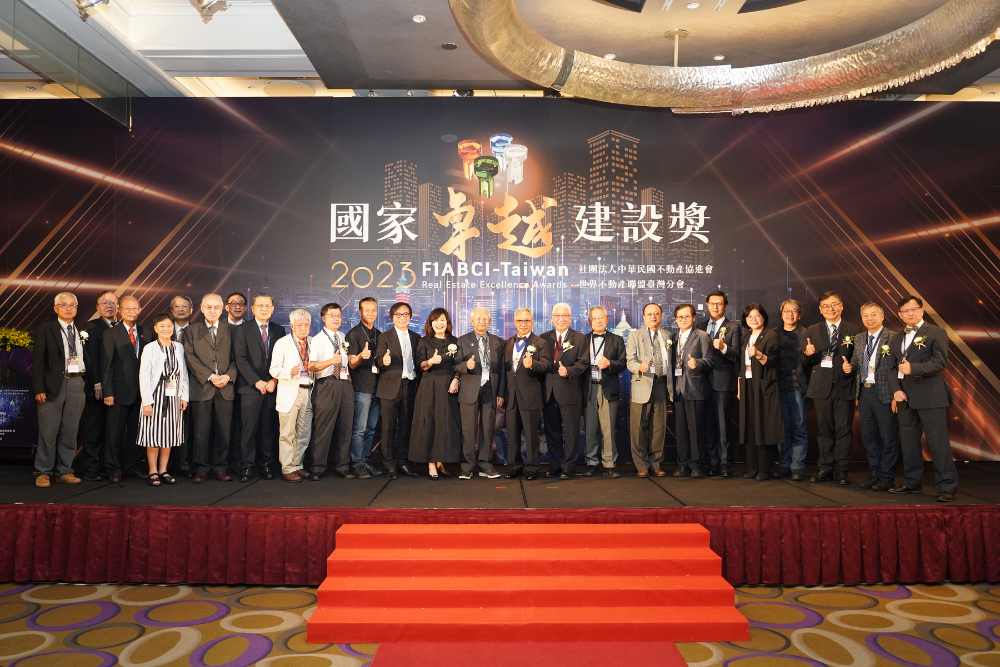






































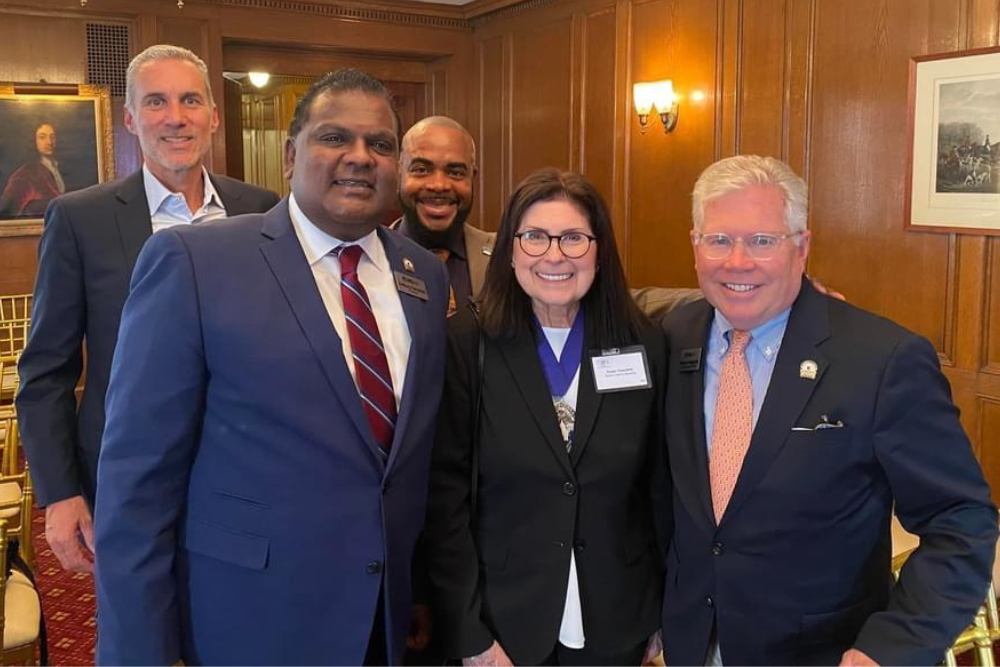
































































































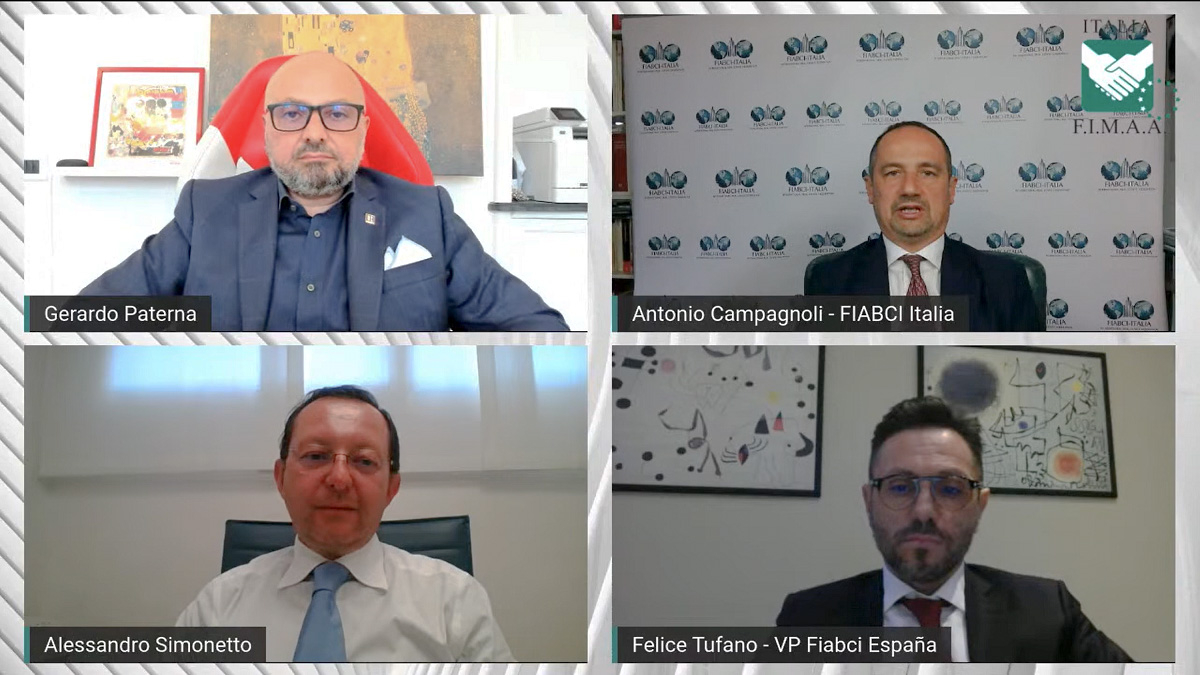


















































![[Webinar Summary] COVID-19: What lies ahead for the Real Estate Industry?](/uploads/news/9i1w05plq2ksbcswuyj5ze2nr.png)
































